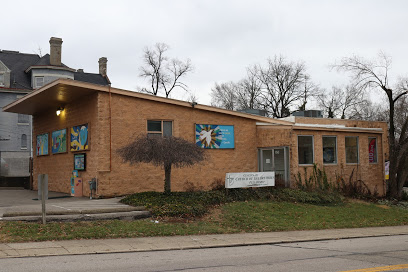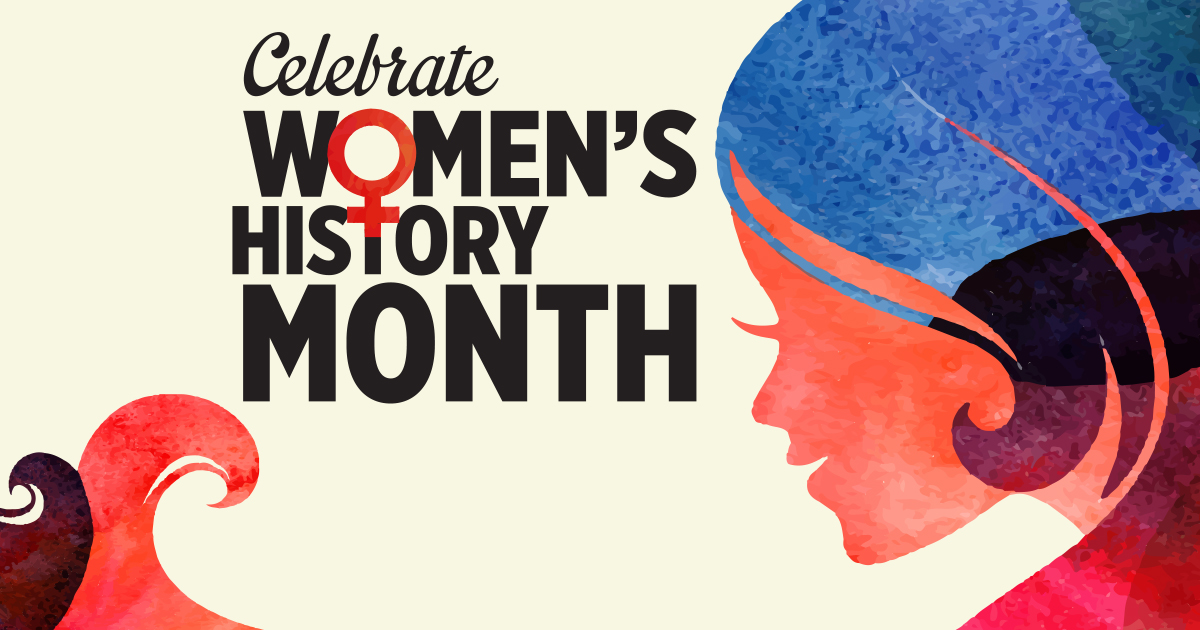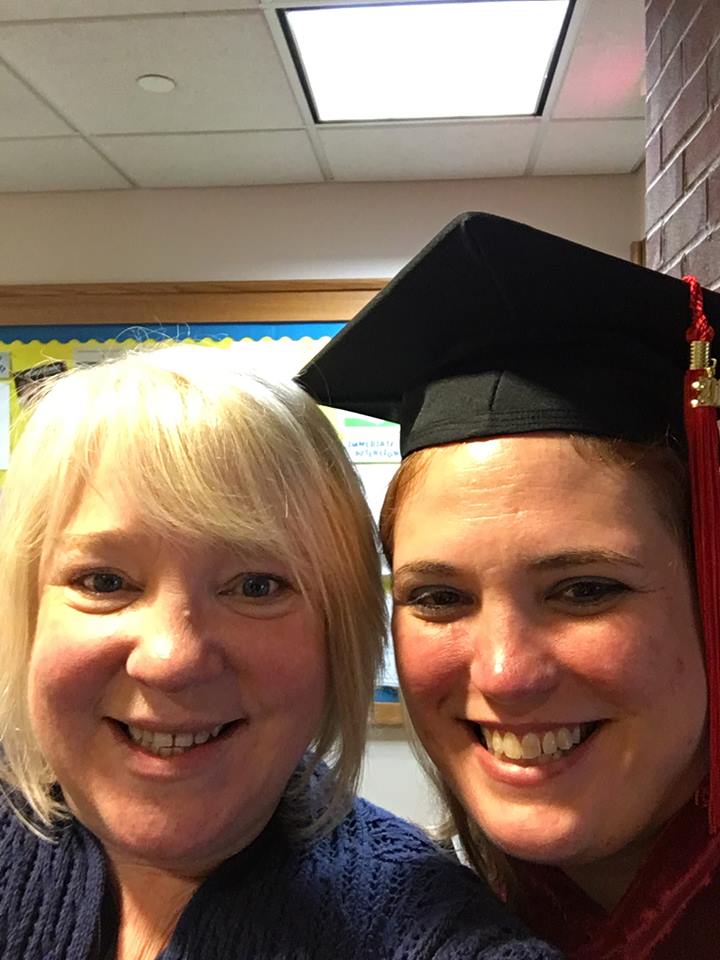This post is part of a four-part series.
CP: Introduce yourself. Location. Current Congregation. (If not currently at a Brethren congregation, where do you worship now? What is your “home” CoB?) Occupation. Age. Did you know March is Women’s History Month? Either way, what does Women’s History Month mean to you? How do you understand your identity as a minister (priesthood of all believers)?

SPW: Hi! My name is Staci Williams. I’m currently the associate pastor at Cincinnati Church of the Brethren in Cincinnati, Ohio. I’m 37. I wasn’t aware that March is Women’s History Month. I didn’t even know there is Women’s History Month. To me, it means a celebration of women, their contributions to society, their accomplishments, all women have to offer the world. It means listening to the voices of women, voices that tend to be silenced. As a minister (set apart & priesthood of all believers), I am called to be in relationship with the rest of creation – people, creatures, plants – and work for justice for all. I feel particularly called to accompany people, especially other women, through times of crisis and stability. I used to think caring about others and listening to them during times of stress was something I did well; I realize now that it is who I am.
CP: Is it odd to identify with a group whose name is decidedly male-sounding? In what ways does it matter? In what ways does it not?
SPW: I have never been bothered by the name Church of the Brethren. To me, the name represented our community, our relationship to one another, no matter our gender. But I have not experienced exclusion by the church because of being female. However, I do realize that some people have had bad experiences and therefore, the name can be off-putting. I think it matters based on one’s relationship/experience with the church.
CP: What opportunities does being a Brethren woman provide you? Are there ways it restricts you?
SPW: I honestly don’t know how to answer this question. I guess I haven’t linked the opportunities and restrictions I’ve experienced as connected to my identity as a Brethren woman. However, I have experienced prejudice and blame for distracting men because I am a woman preaching.
CP: Name a woman, Brethren or otherwise, who has inspired you and encouraged your spiritual growth.
SPW: Amy Gall Ritchie has been a woman I’ve looked up to and been inspired by; she has also encouraged your spiritual growth and helped me through some of the most difficult times in my life.
CP: How can our denomination better encourage the gifts of women?
SPW: Our denomination can do better at encouraging the gifts of women by recognizing and naming those gifts, to the women themselves but also to others. And once we name these gifts, we need to provide information, support, encouragement for women to use their gifts. We can also encourage women’s gifts by not putting them in competition with the gifts of men or with other women. When it came to recognizing my gifts, it was others outside of the denomination who first recognized and encouraged my gifts. I have, at times, felt like an invader because my gifts weren’t recognized by my church and lifted up that way. I came to the church asking for acceptance and encouragement.

CP: How do you sustain yourself in the midst of those who might discredit or not listen to your voice because you are a woman?
SPW: I sustain myself by surrounding myself with and talking to other strong women who can offer advice and support. But I also tend to keep talking, and usually a little louder, when I feel I’m not heard.
CP: How do you encourage or build up other women? What are ways that we can intentionally mentor and call young women into ministry?
SPW: I love to send inspirational sayings or Bible verses to the women I know and spend lots of time with. I also try to point out their strengths and encourage them every day to be the best version of themselves. Pairing young women with more experienced women in ministry can be very beneficial. I know it is something that I was longing for during the first 12 years of licensed ministry. I have now been paired with a mentor and it is extremely helpful for me to have someone to honestly discuss the ups and downs of ministry with.
CP: How do you lovingly respond to prejudice in and outside the Church?
SPW: I think my response to prejudice has been to voice what I see/hear/experience, but I also try to listen to all sides, recognizing that prejudice comes from beliefs and values that have been learned from previous generations but never questioned until confronted with it, and then encourage discussion, growth, and transformation – not just in those I’m talking to but also in myself.
CP: How do you set boundaries with physical touch with men (or others if applicable)?
SPW: I usually stick with offering a handshake, unless it is a man that I know and trust (this doesn’t happen easily). If a man presses my boundaries, I will tell him immediately that I am uncomfortable with being touched. Some people are natural touchers. My sister tends to touch people’s arms or hands when she is talking to them, without being aware that she is even doing it. I know she isn’t the only person like that. It is a personality trait. But if she is told that it makes someone uncomfortable, she will try very hard not to do it. I have found that most people, when told that their behavior is making someone uncomfortable, will change their behavior. If they don’t, I refuse to be around them.
CP: You shared some demographic info in question one. Where does your sex or gender identity fit into the broader picture of who you are? Of your many identities, is being a woman primary? Why or why not?

SPW: My identity as a woman is primary to who I am. My life experience is based on being a woman; it is the lens through which I view the world and experience it. Being a woman defines many of the roles I have in my life – mother, daughter, aunt.

